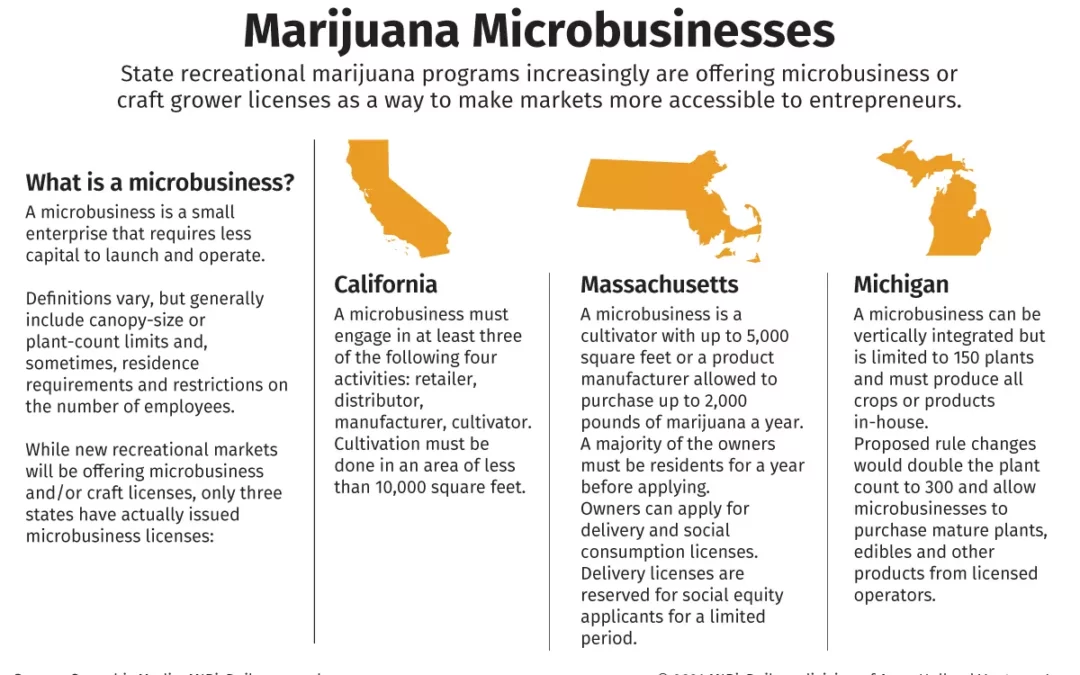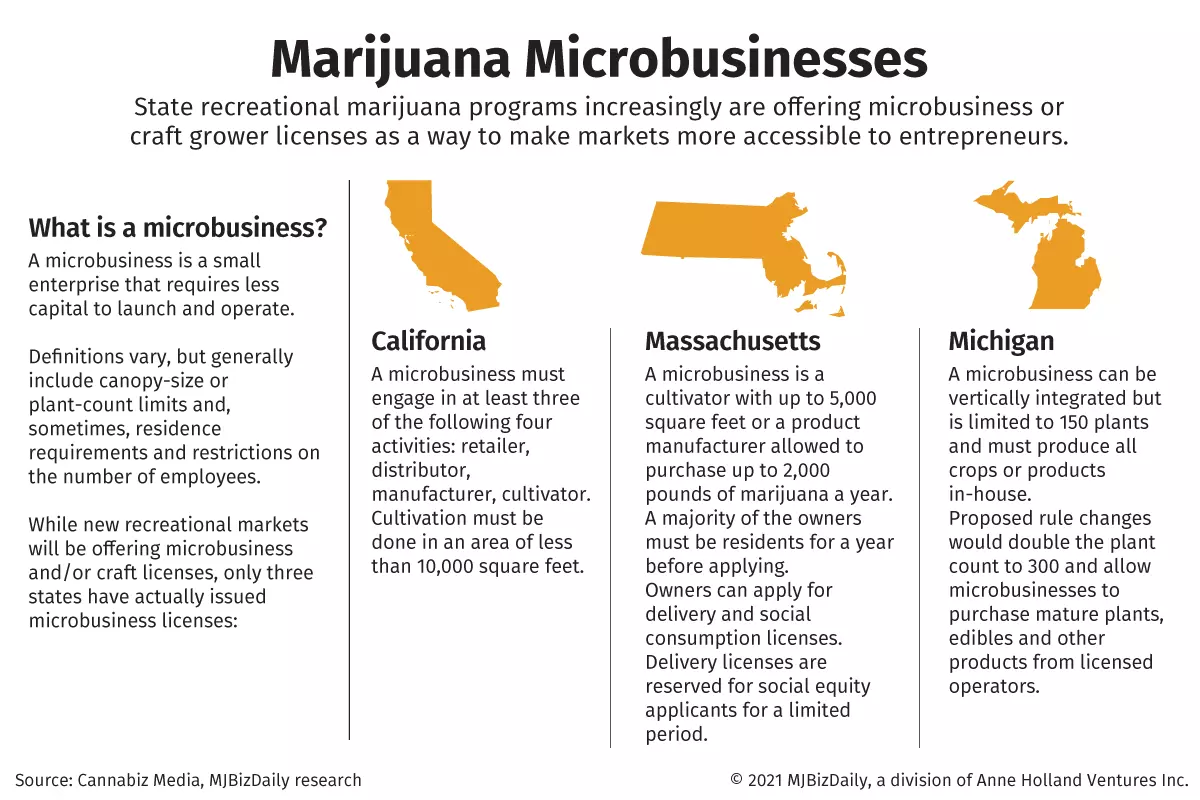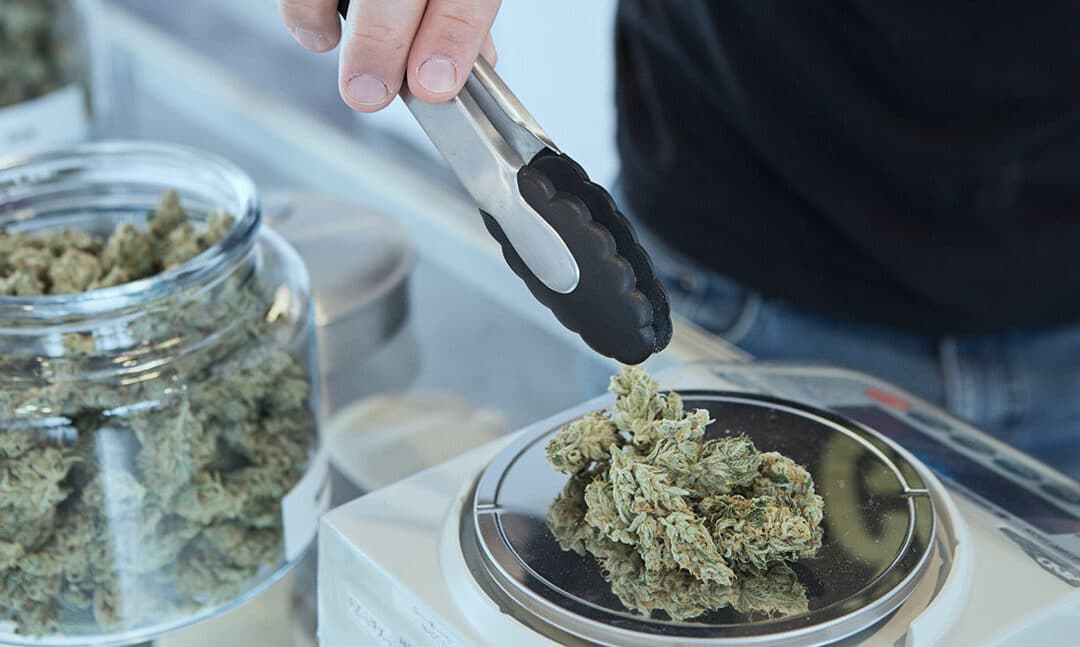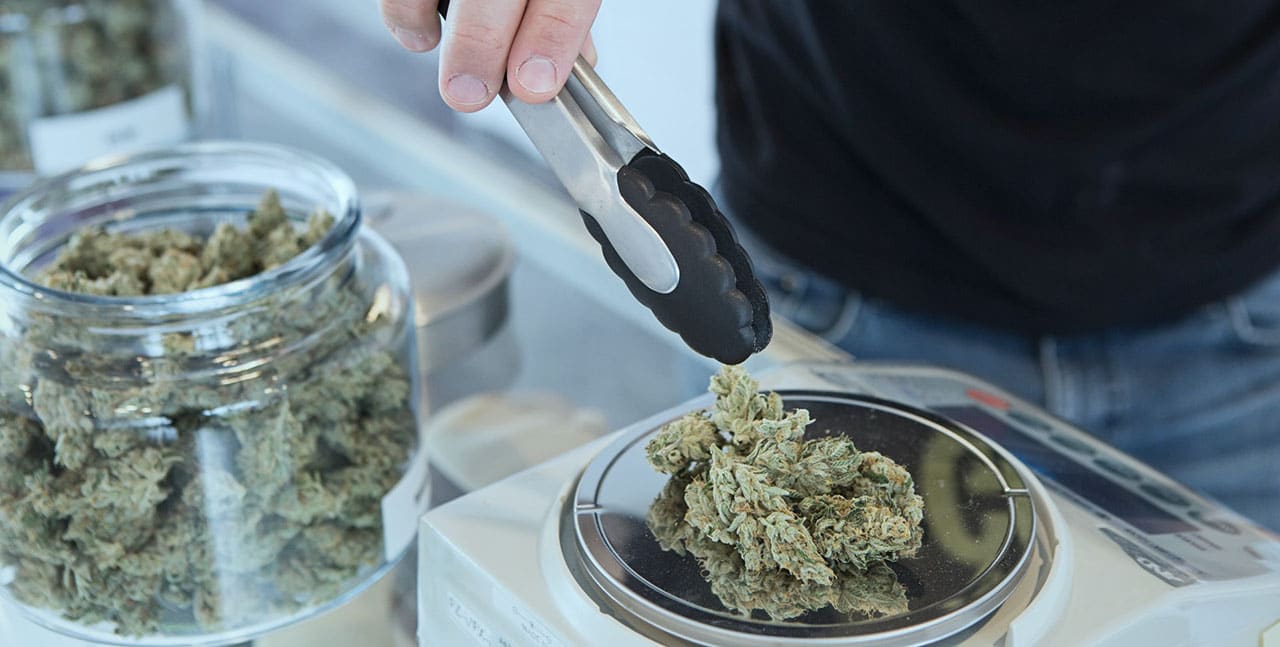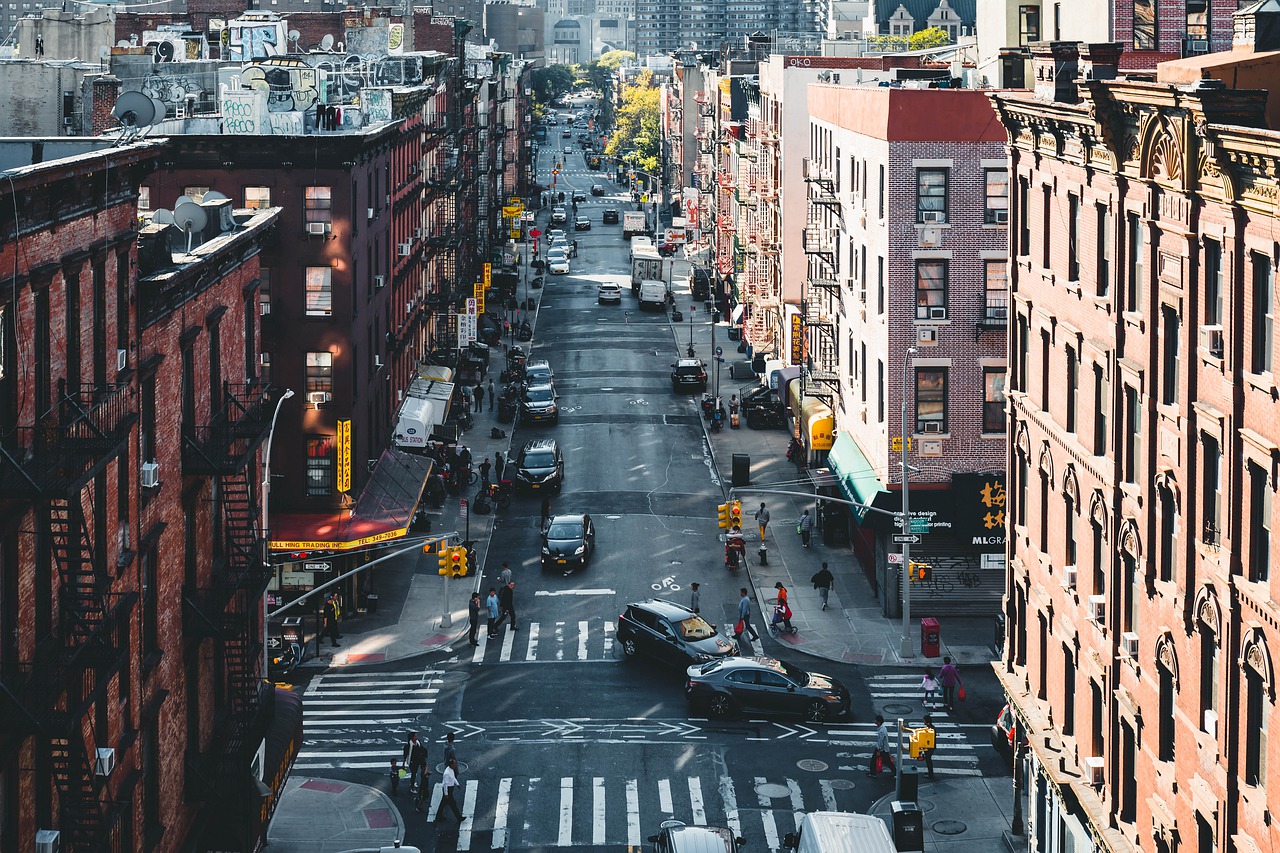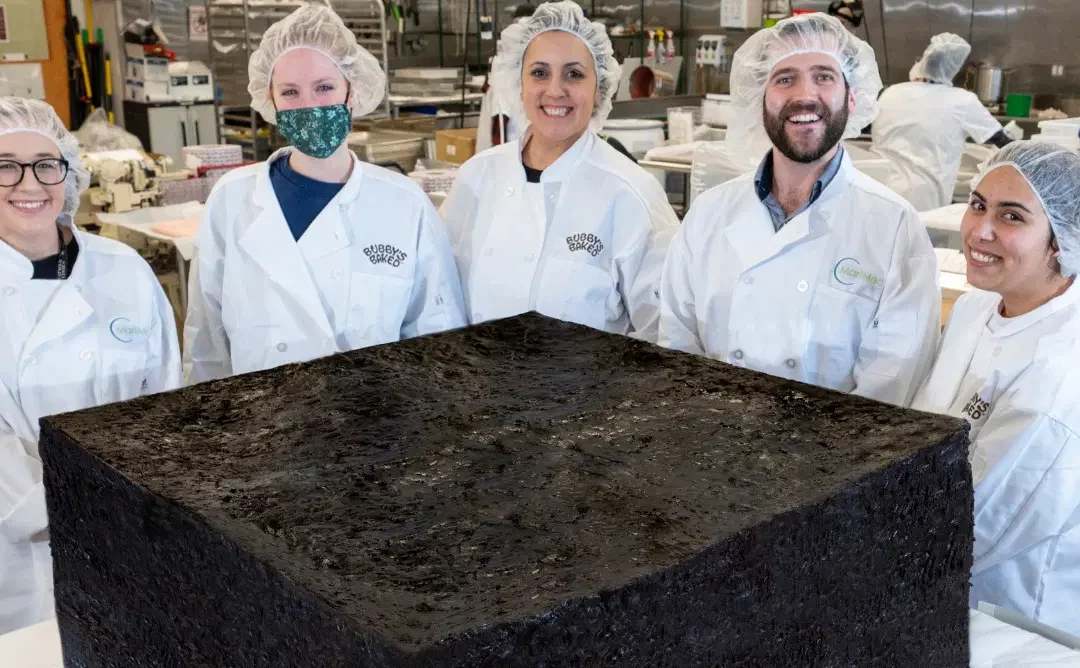
Massachusetts Cannabis Company Makes 850 lb Pot Brownie
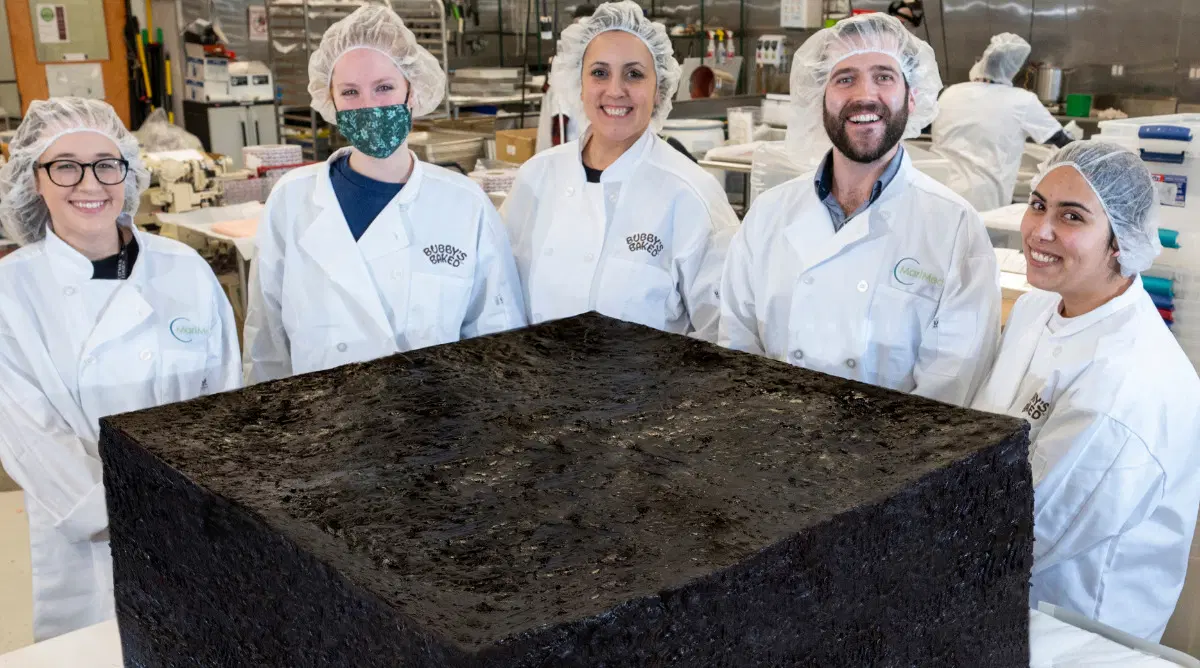
In honor of National Brownie Day on December 8th, a Massachusetts cannabis company has created a record breaking cannabis edible treat.
MariMed, Inc. unveiled the 850-pound brownie infused with 20,000 milligrams of THC on Tuesday as part of its new edibles bakery brand, Bubby’s Baked.
According to USA Today, the brownie was made using 1,344 eggs, 250 pounds of sugar, 212 pounds of butter, 5.3 pounds of vanilla extract, 81 pounds of flour, 2 pounds of baking powder, 3 pounds of salt and 122 pounds of cocoa powder, and came in measuring 3 feet wide by 3 feet long and is 15 inches tall.
The previous world record for a cannabis brownie according to the Guinness Book of World Records was 243 pounds. The Bubby’s Baked brownie destroyed that record.
For a new edible company attempting to bring quality, tasty cannabis edible products to the Massachusetts cannabis industry, this was a great marketing effort.
“For many of us, homemade brownies were our first taste of cannabis-infused edibles. Bubby’s recreates and elevates that nostalgic experience, infusing full-spectrum, craft-quality cannabis into timeless recipes, for a reliable high reminiscent of simpler times,” said MariMed Chief Product Officer and SVP/Sales Ryan Crandall in a news release.
The new edible line will be available in Massachusetts cannabis dispensaries with plans to expand to Delaware and Maryland in 2022.

